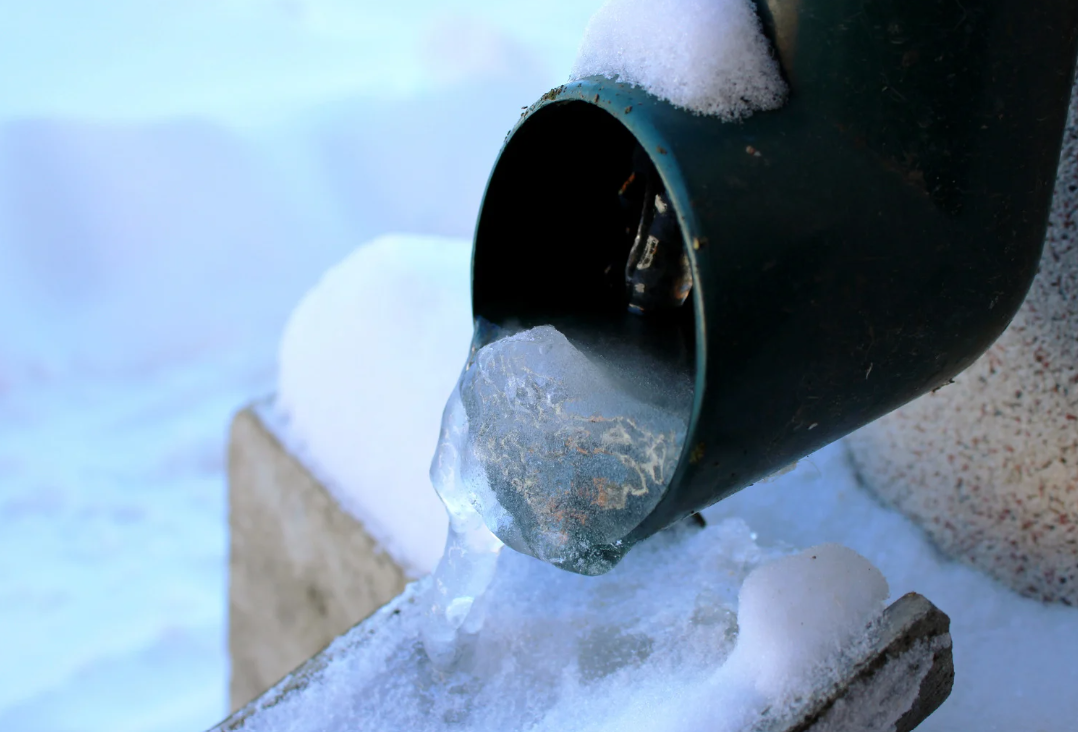Can Homeowners Be Dropped from Insurance Companies for Filing Insurance Claims?

Can Homeowners Be Dropped from Insurance Companies for Filing Insurance Claims?
Most homeowners buy insurance with the expectation that when something goes wrong—whether it’s a busted pipe, a roof damaged in a storm, or fire damage—their insurer will be there to help. After all, that’s the very purpose of paying premiums month after month. But what many don’t realize is that filing too many claims, or even just one depending on the circumstances, can have serious consequences. In some cases, homeowners may be non-renewed, cancelled, or “dropped” by their insurance company altogether.
So, can homeowners really be dropped for filing insurance claims? The answer is yes—but with important context.
Why Insurance Companies May Drop Policyholders
Homeowners insurance companies operate by assessing and managing risk. When a homeowner files a claim, it signals to the insurer that the property might be more susceptible to future damage. A history of frequent claims, or even just one large or suspicious claim, may raise red flags. If an insurer deems the risk too high, they may decide not to renew the policy when it expires.
There are a few common reasons insurers may cancel or non-renew a policy:
- Multiple claims within a short period – Frequent claims suggest a pattern of risk that the insurer might not want to continue covering.
- High-cost or unusual claims – A major loss or a claim that seems questionable could trigger an internal review.
- Certain types of claims – Water damage and mold claims, for example, tend to be expensive and have a history of recurring. Insurers may be particularly wary of these.
- Poor property maintenance – If an adjuster observes that the home is not well maintained or still shows damage from a prior claim, they might report the risk back to the insurer, leading to possible cancellation.
It’s also worth noting that insurers share claim history through databases like CLUE (Comprehensive Loss Underwriting Exchange), which means that your claim history can follow you even if you try to switch providers.
What’s the Difference Between Cancellation and Non-Renewal?
Homeowners can be dropped in two primary ways: cancellation or non-renewal. Cancellation usually happens during the policy term and is rare unless there’s a serious issue such as non-payment, fraud, or material misrepresentation on your application.
Non-renewal, on the other hand, occurs when the insurer decides not to offer a new policy at the end of your current term. This is more common and can happen for many reasons, including a change in the insurer’s underwriting guidelines or too many claims filed on your property.
Can Filing a Single Claim Get You Dropped?
In most cases, a single claim—especially if it’s minor—won’t lead to cancellation or non-renewal. However, if that claim is for something the insurer views as high risk (like mold or foundation issues), or if your policy is relatively new, it could still raise concerns.
Insurers weigh each situation differently, considering factors like your claims history, the amount and type of claim, and your overall risk profile. That’s why it’s important to consider your options before filing a claim. Sometimes the cost of a small repair may be better paid out of pocket to avoid the risk of higher premiums—or losing coverage altogether.
How to Protect Yourself
To avoid being dropped, it helps to be proactive. Keep your home in good repair to minimize the chance of damage. Avoid filing multiple small claims if you can manage the costs yourself. And review your insurance policy carefully to understand what is and isn’t covered. In the event of damage, consider consulting a professional, such as a public adjuster or contractor, to assess whether filing a claim is truly worth it.
Final Thoughts
While homeowners insurance is designed to protect you from loss, insurers are also looking to protect their own financial risk. Filing a claim isn’t inherently wrong, but being strategic about when and why you file can make a big difference. Yes, homeowners can be dropped for filing insurance claims—but by understanding the risks and being cautious, you can help ensure your coverage stays intact when you need it most.
If you’re facing challenges with your insurance claim or have concerns about how your insurer may respond, Averill & Reaney is here to help. As advocates for homeowners, we can provide expert guidance and support to ensure your rights are protected throughout the claims process. Don’t navigate the complexities of insurance claims alone—let us fight for the coverage you deserve.
Related Posts
Your Trusted Advisors in Property Damage, Personal Injury, and Estate Planning.
Contact Now
We’re here to help you. Fill out the form below to schedule a consultation and one of our team members will get back to you promptly.


